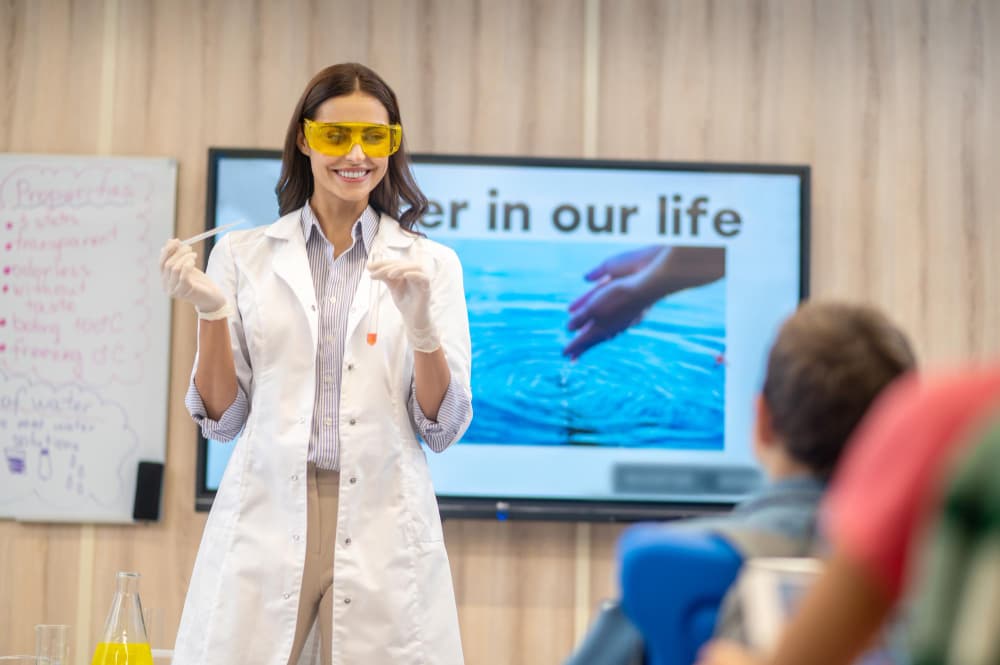Brochure Download

Brochure Download


Clinical embryology is a fascinating and vital field within healthcare that focuses on the development and manipulation of human embryos. This article explores the ins and outs of clinical embryology, the importance of this field, career opportunities, educational requirements, and the skills needed to succeed.
Clinical embryology is a branch of medical science that specializes in the study and management of human embryos. It plays a pivotal role in assisted reproductive technologies (ART), including in vitro fertilization (IVF), gamete cryopreservation, and preimplantation genetic diagnosis. Clinical embryologists work closely with reproductive endocrinologists and embryologists to ensure the successful creation and implantation of embryos.
As a clinical embryologist, you can explore diverse career options, including:

Learn everything you need to know to start your career in clinical embryology, including education and training requirements, job market outlook, skills and qualities needed, and tips for success.
To become a clinical embryologist, you'll need:
Success in clinical embryology requires a mix of technical skills and personal qualities:
Consider enrolling in specialized clinical embryology programs offered by reputable institutions. Pursuing a graduate degree in clinical embryology like a PG diploma in clinical embryology and M.Sc in clinical embryology, etc., offers numerous benefits, including in-depth knowledge, hands-on experience, and networking opportunities.
Prior experience is valuable in clinical embryology training, as it demonstrates your competence and dedication. You can gain experience through:
When searching for clinical embryology jobs, explore:
Online job portals and professional networks like LinkedIn are excellent resources for job listings.
When applying for clinical embryology positions, create a compelling resume and cover letter:
Prepare for clinical embryology job interviews by:
Clinical embryology is a dynamic and rewarding field that plays a crucial role in helping individuals achieve their dreams of parenthood. With dedication, the right education, and a genuine passion for the field, you can embark on a fulfilling career in clinical embryology. SEART encourages you to take the first step toward becoming a clinical embryologist and making a positive impact on the world of reproductive medicine. Your journey begins here.
SCHEDULE A CONSULTATION
Book Your Appointment!No recent blogs this month.